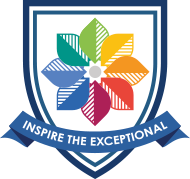Science
Intent
At Oldfield Brow Primary School, we are committed to providing a high-quality science education that fosters curiosity, confidence, and a lifelong interest in science among our pupils. Our intent is to develop young scientists who are equipped with the foundational knowledge and skills to understand the world around them. Through engaging and practical learning experiences, we aim to inspire our students to explore and question scientific phenomena in the context of their everyday lives.
Our science curriculum is designed to progressively build on skills and knowledge year on year, ensuring a deep understanding of scientific concepts. We follow the National Curriculum for England, tailored to meet the needs and interests of our learners. This structured approach ensures that all pupils at Oldfield Brow are provided with the opportunities to become scientifically literate and to develop a sense of excitement and curiosity about natural phenomena. We place a strong emphasis on practical investigations, encouraging hands-on experiences that support theoretical learning.
We believe that a solid science education is integral to the personal development of our students. It not only supports their academic growth but also nurtures critical thinking, creativity, and problem-solving skills. By engaging with the local community and leveraging the latest educational technologies, we strive to enhance our educational approach and provide a stimulating learning environment that prepares our children for future scientific endeavors and challenges.
-
Science Curriculum
download_for_offline
download_for_offlineScience Curriculum








